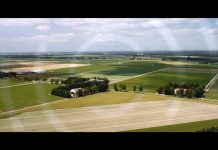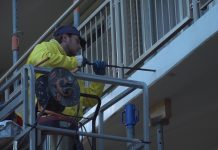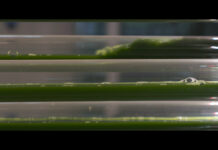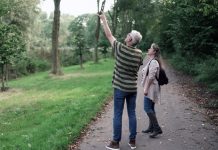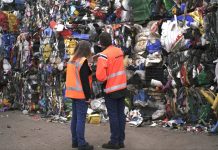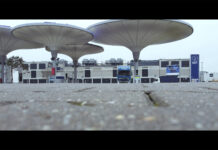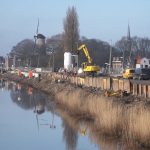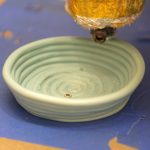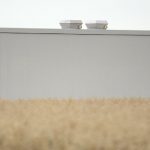Sustenso, innovatie in duurzaamheid met biogas en algenkweek
De tuinbouwsector in Nederland krijgt een indrukwekkende, circulaire aanvulling, dankzij het inspirerende werk van Sustenso uit Alkmaar. Dit vooruitstrevende bedrijf zet groene reststromen om in biogas, wat de afhankelijkheid van fossiele brandstoffen aanzienlijk vermindert. 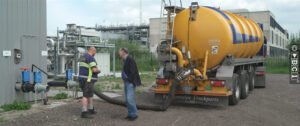 Wat Sustenso echt bijzonder maakt, is hun innovatieve oplossing voor de CO2 die vrijkomt bij de productie van biogas: het dient als voeding voor micro-organismen, meer specifiek, micro-algen.
Wat Sustenso echt bijzonder maakt, is hun innovatieve oplossing voor de CO2 die vrijkomt bij de productie van biogas: het dient als voeding voor micro-organismen, meer specifiek, micro-algen.
Acht jaar geleden had Hans van der Weide, de grondlegger van Sustenso, een visie om biogas te produceren uit groene reststromen. 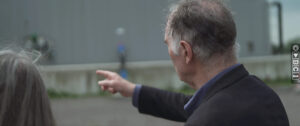 In samenwerking met Prof. Dr. Joost Teixeira de Mattos en Willem Bas, ontwikkelden ze een systeem waarin overtollige CO2 wordt ingezet voor de kweek van algen. Deze doorbraak verbindt de energietransitie direct met een baanbrekende verandering in ons voedselproductiesysteem.
In samenwerking met Prof. Dr. Joost Teixeira de Mattos en Willem Bas, ontwikkelden ze een systeem waarin overtollige CO2 wordt ingezet voor de kweek van algen. Deze doorbraak verbindt de energietransitie direct met een baanbrekende verandering in ons voedselproductiesysteem.
Een samenwerking die vruchten afwerpt
Het begon allemaal met een ontmoeting tussen Hans en Prof. Dr. Joost Teixeira de Mattos. 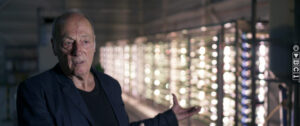 Samen brachten ze het idee tot leven om de overtollige CO2 van biogasproductie te gebruiken voor algenkweek. Willem Bas sloot zich aan bij het team en samen werkten ze hard aan de realisatie van een goed functionerende biogasfabriek. Vandaag de dag wordt het geproduceerde biogas direct in het gasnet gepompt, genoeg om een flinke woonwijk van gas te voorzien.
Samen brachten ze het idee tot leven om de overtollige CO2 van biogasproductie te gebruiken voor algenkweek. Willem Bas sloot zich aan bij het team en samen werkten ze hard aan de realisatie van een goed functionerende biogasfabriek. Vandaag de dag wordt het geproduceerde biogas direct in het gasnet gepompt, genoeg om een flinke woonwijk van gas te voorzien.
Innovatieve algenkweek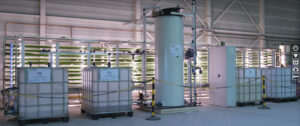
De algenkweek van Sustenso is niet zomaar een bijzaak. Met een unieke demonstratie-installatie hebben ze bewezen dat een directe koppeling tussen CO2-afvang en algenkweek niet alleen mogelijk is, maar ook zeer effectief. De volgende stap? Een grootschalige fabriek die optimaal gebruik maakt van zonlicht in een speciaal ontworpen broeikas. Deze vooruitstrevende aanpak belooft een aanzienlijke impact op de duurzame voedselproductie.
Algen: De superfood van de toekomst
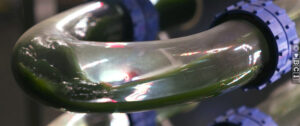 Algen zijn rijk aan essentiële voedingsstoffen zoals eiwitten, vetzuren, antioxidanten en vitamines, en zullen uiteindelijk verwerkt worden in voedingssupplementen. Sustenso heeft zelfs een oplossing voor eventuele overtollige CO2: deze wordt vloeibaar gemaakt en kan als meststof in de akkerbouw worden gebruikt, waardoor een volledig circulair systeem ontstaat.
Algen zijn rijk aan essentiële voedingsstoffen zoals eiwitten, vetzuren, antioxidanten en vitamines, en zullen uiteindelijk verwerkt worden in voedingssupplementen. Sustenso heeft zelfs een oplossing voor eventuele overtollige CO2: deze wordt vloeibaar gemaakt en kan als meststof in de akkerbouw worden gebruikt, waardoor een volledig circulair systeem ontstaat.
Toekomst in duurzaamheid
Sustenso blijft zich onvermoeibaar inzetten voor duurzame innovaties. Hun eerste project, de biogasfabriek, is inmiddels verkocht aan Engie, een toonaangevend energiebedrijf. Dit succesverhaal markeert slechts het begin van Sustenso’s impactvolle reis naar een duurzame toekomst. 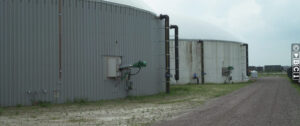
Met hun pionierswerk laat Sustenso zien hoe creatieve oplossingen en samenwerking leiden tot grote stappen vooruit in zowel de energietransitie als de voedselproductie.
Zie ook:
De toekomst van de bloembollenteelt
Duurzaam transport met waterstof


